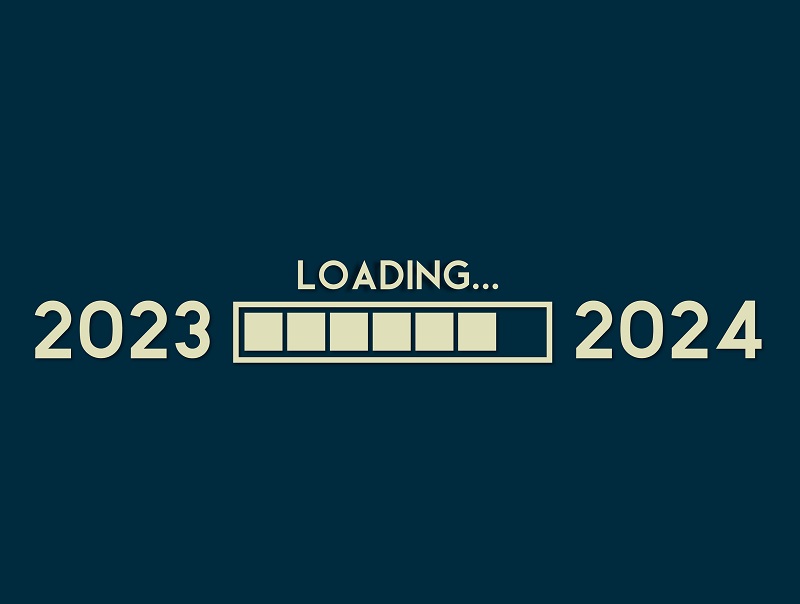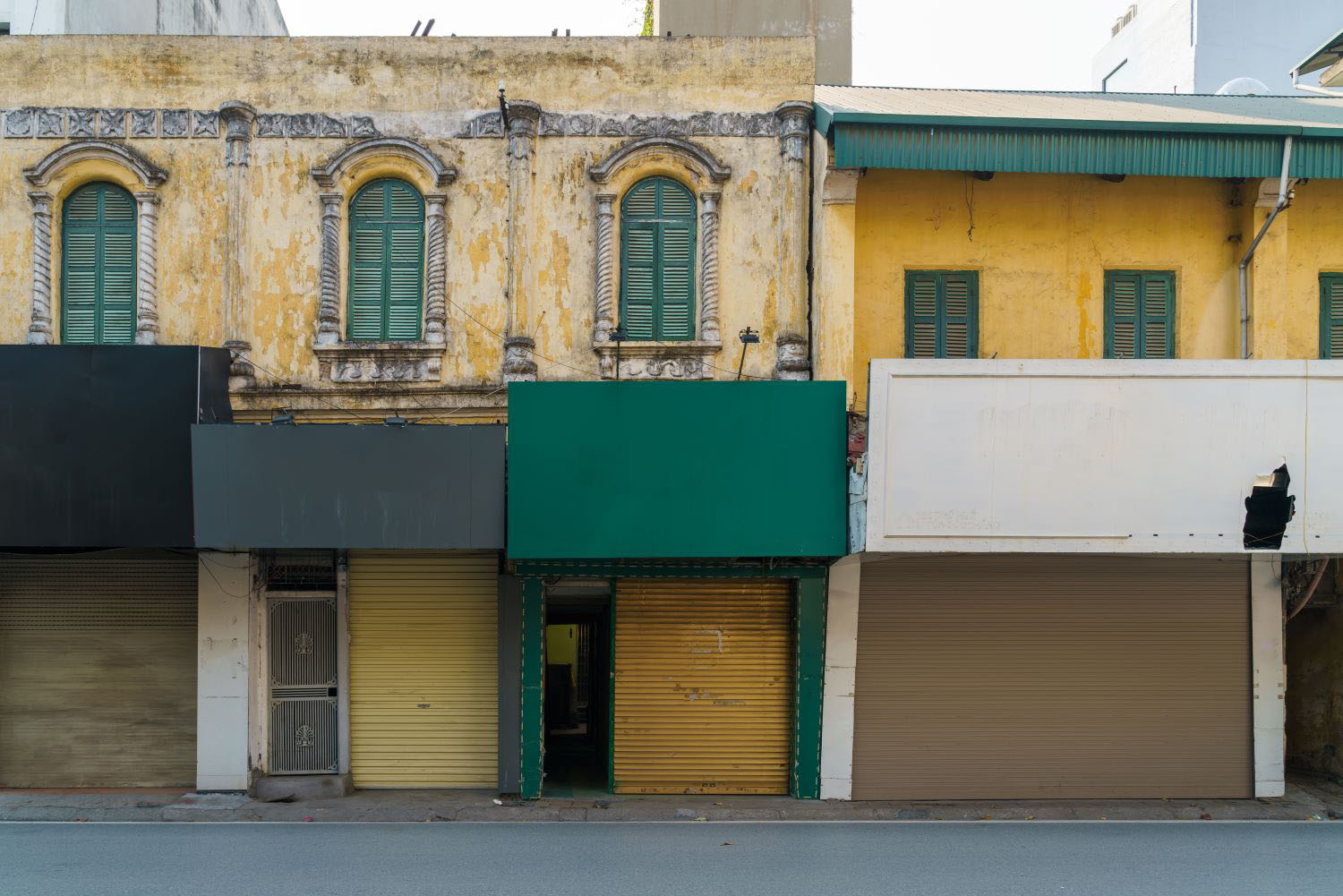If the commitments made last week by the heads of state at the G-20 meeting materialize quickly, this is good news indeed. The increase in available IMF and MDB resources for middle- and low-income countries, along with IMF’s announcement of a Flexible Credit Line which will allow countries to borrow amounts without pre-determined limits or conditionality, are crucial for helping these countries cope with the impact of the financial crisis. Increased resources and the right instruments to deliver them can prevent lots of pain for millions of poor people. The mere existence of these options will give many developing country governments more leeway to make counter-cyclical policy responses and reduce the impact of the crisis on economic growth. The problem with the international community response is not the direction but the speed. Let’s turn our clocks back to mid-2007. By July and August, the signs that the financial crisis could be significant were already present. While I was travelling through Argentina, Mexico and the United States, I recall reading a number of newspaper articles with serious warnings of an imminent banking crisis in the US and Europe. I took it to heart and at the end of November 2007, I called my asset manager at TIAA-CREF and asked him to sell my stocks.At the beginning of 2008, Peter Hakim and I decided to convene a group comprised of individuals from the IFIs, the US Treasury, investors and analysts to monitor the impact of the US crisis on Latin America. At the first meeting of this Latin American Economies Roundtable in March 2008, we identified, somewhat presciently, the mechanisms by which contagion would affect the region and discussed the orders of magnitude of the potential impact: it could be significant. The events that followed brought two surprises: 1) commodity prices (energy, metals and agriculture) fell more quickly than expected and 2) the “flight to safety” reaction after Lehman’s collapse caused many developing country currencies to depreciate abruptly and put some of their corporations under extreme and unanticipated stress (in Brazil and Mexico, for example, some went bankrupt or almost did).By October 2008, our monitoring group was predicting a severe impact on the region with important downside risks if international organizations’ access to resources was not increased substantially. Since December 2008, the periodic conference calls that I moderate for the CGD Financial Crisis Monitor have indicated that from China to Chile, from Russia to South Africa, and everything else in between, the situation was becoming more and more dire. So, why did the IMF wait until March 2009 to announce its new facility? Why did the G-20 delay its support for increased resources for the multilaterals until its second meeting last week? Individuals like me--who have lived through several crises--have learned that reacting sooner rather than later protects our hard won assets. By now, institutions should know this too. In times of crisis, responding with speed is of the essence.Part of the problem was a misdiagnosis of the type of crisis we are in: policymakers, affected by “normalcy bias”, thought this crisis would come and go as the other crises of the past 20 years. And of course, there were the politics. Who would lead? What incentives could be had in exchange for contributing to a larger global pool of resources at the IMF? And so on and so forth.Regardless of the causes, if developing countries’ responses—stimulus packages or counter-cyclical policies—continue to be delayed, the damage will already be done. Poor people will become poorer and the hopes that their children will grow out of poverty will be further impaired. We certainly need a better early warning and rapid response system in our crisis-prone world.
CGD blog posts reflect the views of the authors, drawing on prior research and experience in their areas of expertise.
CGD is a nonpartisan, independent organization and does not take institutional positions.




